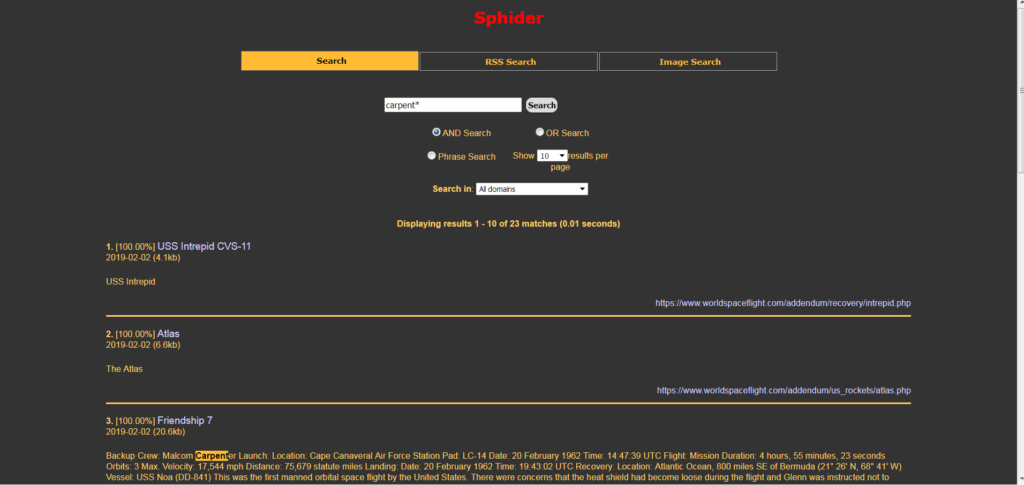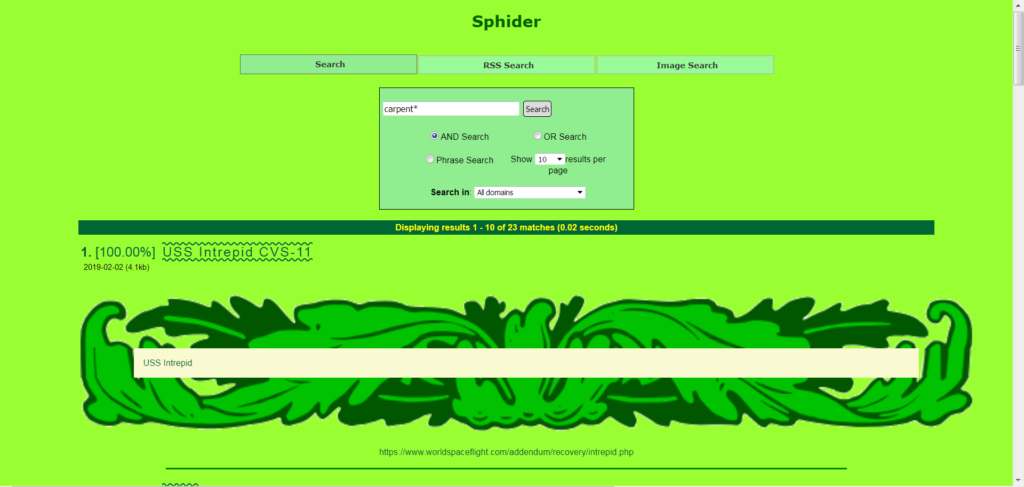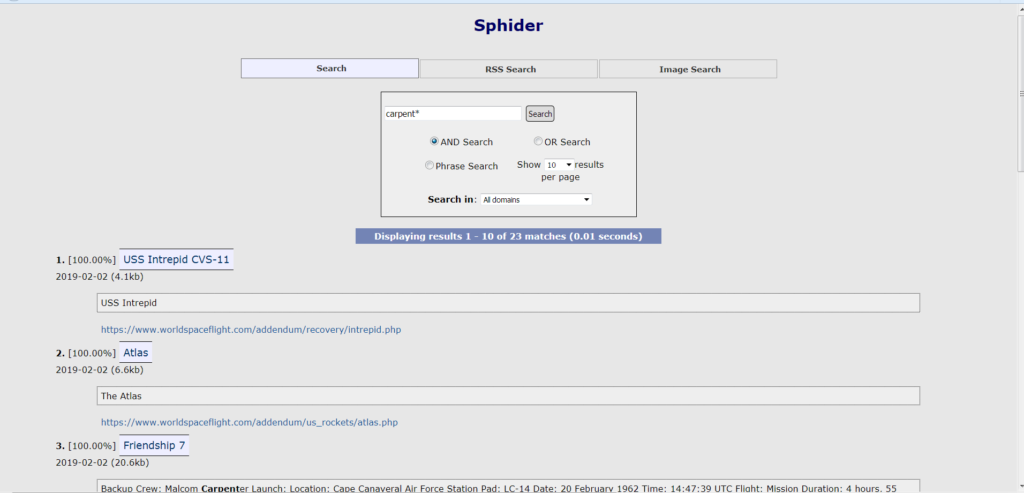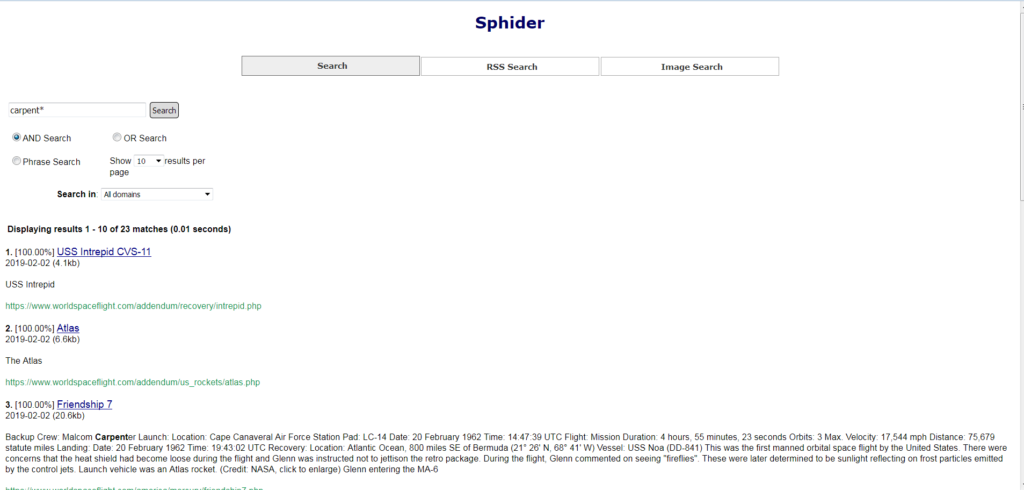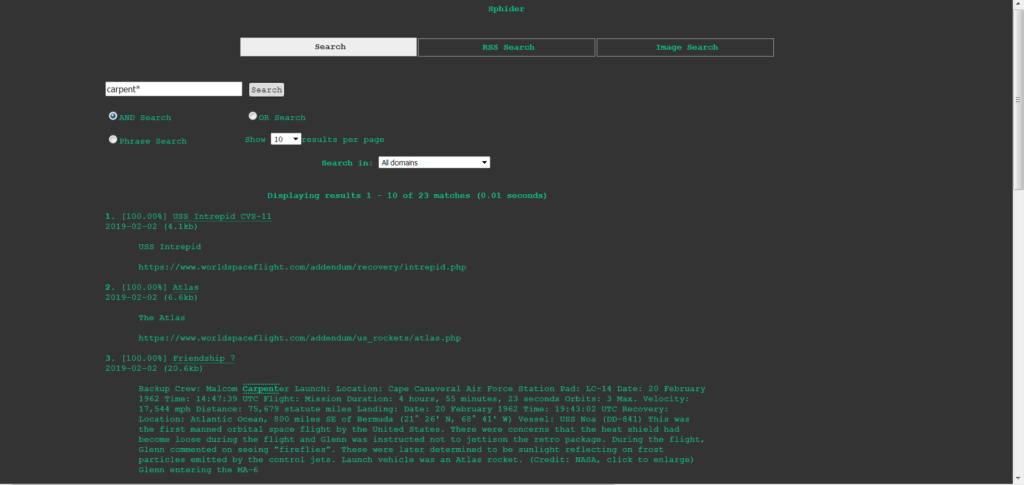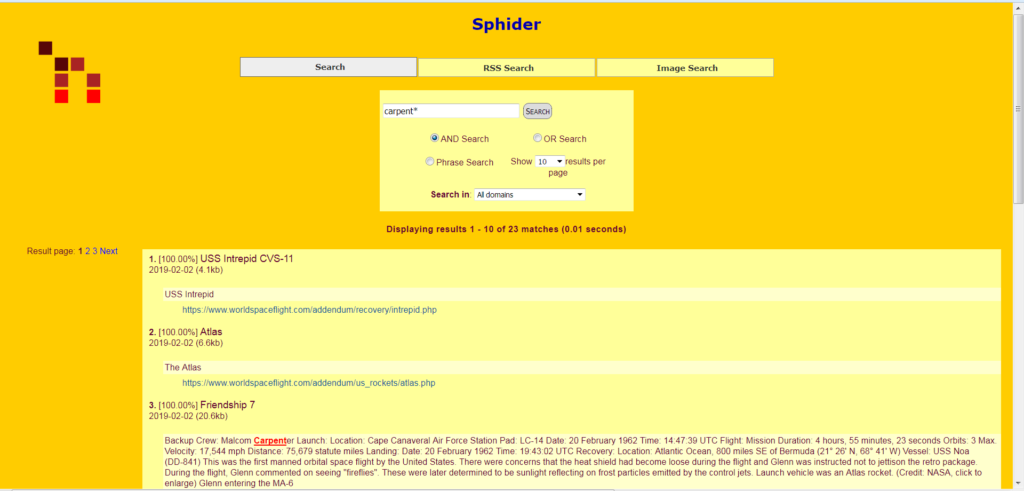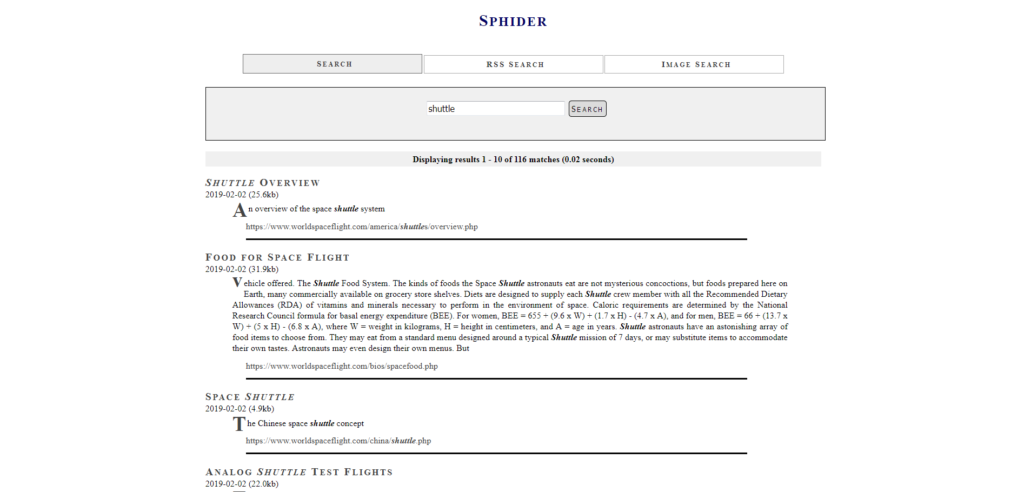Not very long ago, I wondered whether or not Sphider still needed to scan for, and remove, emojis. This came about because of a change in the database from 3-byte utf to 4-byte. Upon testing, the scan and removal of emojis will continue. Sphider, and more particularly, MySQL, just doesn’t like emojis. When trying to store any full text containing an emoji, an SQL exception is thrown and the page is not stored.
The earlier issue with the function that was reported is due to the removeEmoji() function operating on an utf-8 level, and the probability of the input NOT being utf-8. For future releases of Sphider, this function will be executing AFTER it is (nearly) guaranteed that the input will be utf-8. (I say “nearly” because there are no guarantees in this world where code is involved.)
It was also noted that the function, as currently implemented, is somewhat outdated. While updating it is possible, the function would become a bit unwieldy. Leaving it alone is practical, however. This is because pages containing emojis are, while not rare, relatively uncommon. And with the pages that DO contain an emoji, the odds are that emoji is of the simpler, more common type. The kind an expanded filter would catch ARE rare in web pages, being more likely to occur in messaging applications used in smart phones and tablets. In other words, why add the complexity to Sphider to catch something that the vast majority of users are never going to encounter?
Maybe someday I will once again update the database collation to use utf8mb4_unicode_ci as opposed to the current utf8mb4_general_ci, which should allow these emojis, but even if I do, there will probably be a setting to exclude them anyway.
.

